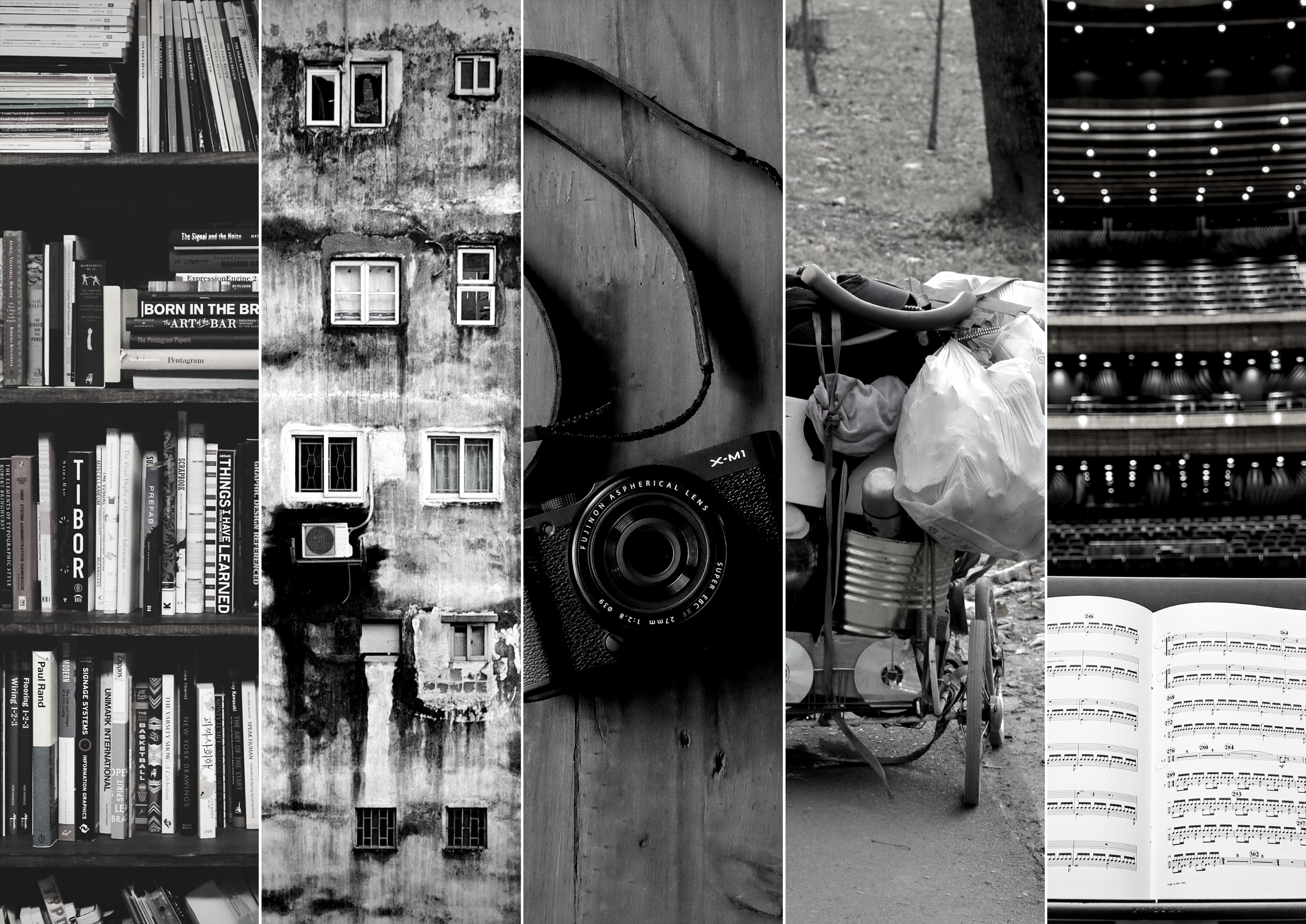International Workshop Conference
“‘Poverty viewed at a distance’? Depicting Destitution across Media”
12–13 October 2017, RESOWI-Center, SZ 15.22
Organizers: Nassim W. Balestrini, Katharina Fackler, and Silke Jandl
Keynote Speakers:
Prof. Dr. Linda Hutcheon and Prof. Dr. Michael Hutcheon (University of Toronto)
Prof. Dr. Christopher Lukasik (Purdue University)
Further Speakers:
Dr. Julia Faisst (University of Eichstätt-Ingolstadt), Prof. Dr. Renate Hansen-Kokoruš (University of Graz), Jasmin Humburg (University of Hamburg), PD Dr. Margit Peterfy (University of Heidelberg), Dr. Emily Petermann (University of Konstanz), Prof. Dr. Klaus Rieser (University of Graz), Dr. Klara Stephanie Szlezák (University of Passau)
As the conference title—with its quotation from James Agee’s reflections on the Great Depression of the 1930s—indicates, mediating destitution and poverty has been a conflicted issue. Reformers, artists, activists, scholars, and individuals defined as poor or non-poor have long struggled to navigate a broad range of tensions when articulating the experience of material deprivation: the tension between the impact of concrete material deprivation on body and psyche; between abstract generalizations and diverse experiences of the poor; between well-meaning humanist or artistic impulses and representation as an extension of material exploitation; between revolutionary impulses to reorder the social world and the management of socioeconomic anxieties; and between the rationally oriented documentary impulse and the primarily affective. What, then, are appropriate means through which to mediate complex lived experiences and subjectivities so that recipients will derive the desired or ‘appropriate’ meanings from such representations?
The scholars gathered at this conference seek to understand how specific forms of intermedial meaning-making negotiate culturally determined representations of material destitution and how, in turn, cultural and educational practices relating to material inequality shape the reception of media and the understanding of their social significance.
By bringing together speakers from various disciplines, the meeting aims to open up new perspectives on intermedial formats, broadening our understanding of such representations, their originators, publication contexts, and reception across the spectrum of genres and locations. Speakers will discuss firmly established, institutionalized, and frequently taught art forms as well as works produced by and presented to poor communities, works that engage with stretching genre boundaries and with challenging their recipients’ expectations. These include cultural forms and practices such as spoken drama, musical theater, poetry, narrative texts, autobiographies, architecture, photography, film and television, multimedia Internet platforms, and protest performances.
By the end of September, the conference program will be posted on the CIMIG and American Studies web sites. Should you be interested in attending, please send an e-mail to rebecca.scheibel(at)uni-graz.at by 2 October 2017.
